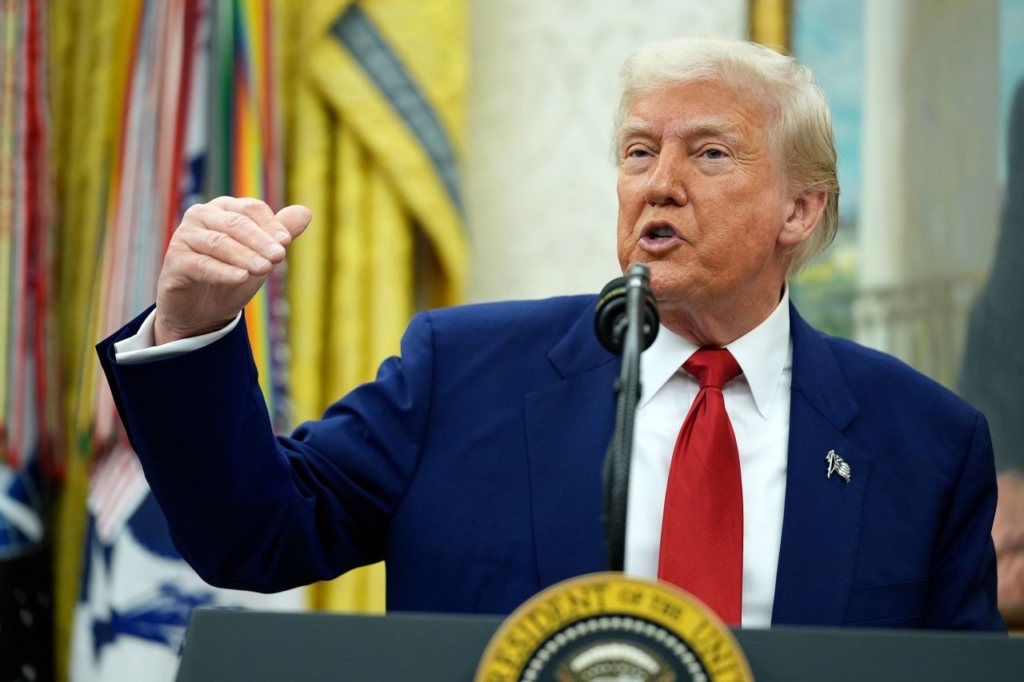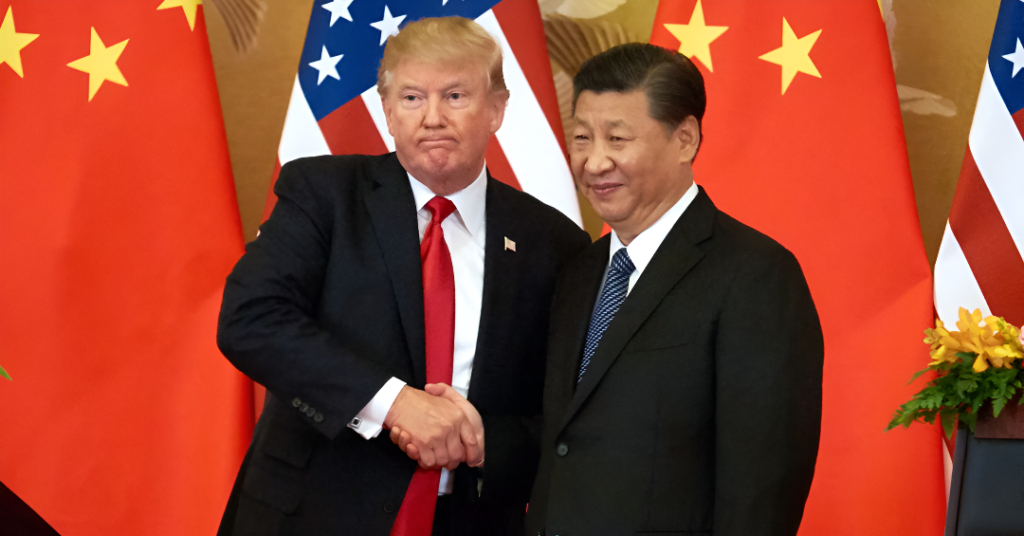Trump administration has placed new trade restrictions that prevent several American companies from selling specific goods to China. This decision is expected to create significant tension between the two nations, especially at a time when the global economy is already fragile due to supply chain disruptions and political instability.
The decision specifically targets technology and defense-related goods, although the final list of restricted items has not yet been publicly released. According to the U.S. Department of Commerce, the restrictions are part of a national security measure designed to stop sensitive technology from ending up in the hands of the Chinese military or state-linked organizations. Officials claim that these steps are necessary to protect American innovation and ensure long-term national interests are not compromised.
The companies most affected include those in the semiconductor, aerospace, and advanced manufacturing sectors. Analysts say this move could cost billions in revenue losses for firms that heavily rely on Chinese buyers. China remains one of the largest importers of American goods, and this sudden halt is likely to disrupt long-standing contracts and deals.
Industry leaders and global trade analysts have expressed concern over the timing and execution of the restrictions. Some fear this could backfire on the U.S. economy by reducing the competitiveness of American companies abroad. Others believe this could escalate existing trade tensions, possibly leading to retaliation from China in the form of tariffs or counter-bans on American goods.
The Chinese government responded strongly, accusing the U.S. of weaponizing trade and using national security as an excuse to block fair competition. A spokesperson from China’s Ministry of Foreign Affairs said the move violates international trade rules and could destabilize global markets if it becomes a pattern.

This isn’t the first time the Trump administration has used executive authority to limit business with China. Earlier actions included banning popular Chinese apps, putting sanctions on Chinese tech companies, and tightening scrutiny on Chinese investments in the U.S. This latest ban adds another layer to an already complex relationship between the world’s two largest economies.
Experts also warn that small and medium-sized businesses that rely on export contracts to China may suffer the most. Larger corporations might have the resources to shift their operations to other markets, but smaller firms often do not. The ban may also lead to job losses in export-driven sectors if companies are forced to downsize due to decreased demand.

Supporters of the move argue that the U.S. must take a firmer stance on trade with China, especially when it comes to protecting national interests and intellectual property. They argue that China has long exploited open trade to access American technology and use it for military and strategic purposes. According to them, the ban is long overdue.
However, critics call this a politically motivated decision that prioritizes headlines over long-term strategy. They argue that actions like these can isolate the U.S. and reduce its global influence in key technological sectors. Several lawmakers and business coalitions are already calling for the administration to reconsider or narrow the scope of the ban to avoid harming domestic industries.
International allies of the U.S. are watching closely, with some countries questioning whether they will be pressured to take similar actions. If other nations follow suit, this could drastically reshape global trade routes and supply chain strategies.
Despite the pushback, the Trump administration appears firm in its position. A senior White House official mentioned that more trade restrictions could be introduced in the coming months, especially targeting sectors considered critical to national defense and cybersecurity.
For now, companies are being urged to review their contracts, evaluate alternative markets, and ensure compliance with the new export control rules. The U.S. Department of Commerce has published a preliminary update on these rules here and encourages businesses to reach out directly for case-by-case clarifications. For legal export compliance updates and documentation, companies can also consult the Bureau of Industry and Security, which handles U.S. export control matters.
As the situation develops, American firms, lawmakers, and international partners will be watching for further updates and clarifications. This move by the Trump administration could very well mark a turning point in how the U.S. manages its economic rivalry with China — with long-term consequences still unfolding.








